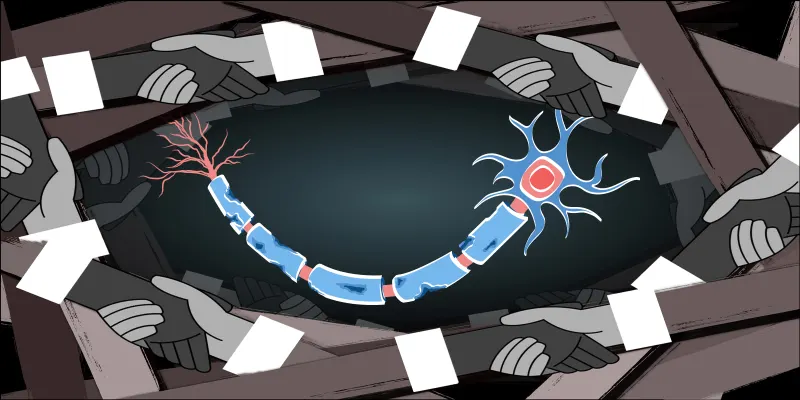The American Society of Anesthesiologists' annual Anesthesiology meeting, the largest anesthesiology conference in the world, will be held from October 10 to 14 in San Antonio, TX, with a small virtual component. It will open with a keynote session featuring Lucy Kalanithi, MD. Kalanithi will reflect on the life and impact of her late husband, Paul Kalanithi, MD, neurosurgeon and author of the bestselling memoir When Breath Becomes Air who died of lung cancer at 37.
Two other noteworthy talks will include the “Emery A. Rovenstine Memorial Lecture: Anesthesiologists as Leaders in a Data Driven World” from Sachin Kheterpal, MD, MBA, and the “John W. Severinghaus Lecture: It’s Not Your Fault! The Cognitive Basis of Error” from Joyce Wahr, MD. Several other featured lectures and panel discussions will touch on patient safety, innovations in perioperative medicine, and historical perspectives on anesthesiology, in addition to other subjects.
The meeting will include about 350 sessions organized along 11 clinical tracks: ambulatory anesthesia, cardiac anesthesia, critical care medicine, fundamentals of anesthesiology, neuroanesthesia, obstetric anesthesia, pain medicine, pediatric anesthesia, perioperative medicine, professional issues, and regional anesthesia and acute pain. Sessions will encompass a broad range of topics, including late-breaking research, emerging technologies and AI, physician well-being, perioperative medicine, and more.
There will be content for professionals at all stages of their careers, from medical students to late-career or retired anesthesiologists, tackling subjects like workforce shortages and civility in the workplace, ethics, geriatric anesthesia, opioids, patient blood management, POCUS, patient safety, and quality improvement.
A key session from the Patient-Centered Outcomes Research Institute (PCORI) will delve into the details of three pragmatic trials expected to shape anesthesiology practice, including one—REGAIN—that has already been completed. That study showed that spinal anesthesia was not superior to general anesthesia for older adults undergoing surgery for hip fracture. Experts also will discuss two ongoing trials: THRIVE comparing IV versus inhaled agents during surgery and FEEDS comparing preoperative fasting versus not fasting in critically ill patients.
There will also be a session from the NIH providing young researchers with tips on achieving their first award from the government funding agency.
Several “Point-Counterpoint” sessions will provide attendees with insights into where debate remains in the field. That includes issues like the expected effects of AI, the use of EEG indices in clinical practice, how remimazolam should be used, extubation in different scenarios, the impact of guidelines for anesthesia in ambulatory surgery centers, fluid choices, and the contemporary role for interscalene block in shoulder surgery, among others.
New research will be covered across 42 oral abstract sessions taking place October 11 to 13, along with paper posters and ePosters that attendees can view in the Exhibit Hall October 11 and 12.
A “Best of Abstracts: Clinical Science” session will include a selection of the highest scoring abstracts that were submitted, with studies detailing the development of an AI-powered tool for administering mock anesthesiology oral board exams, a link between perioperative fluid conservation and an increase in acute kidney injury, the relationships between intraoperative EEG patterns and delayed neurocognitive recovery, the association between preoperative anxiety and case cancellations, and issues around the environmental impacts of anesthesia.
Overall, the meeting represents a comprehensive opportunity for anesthesiologists to stay current on clinical advances, engage with emerging research, and connect with the broader anesthesiology community. For those who can’t attend, there will be a “small, curated selection of education programming,” including live streams of key sessions and access to other lectures and panels during and after the meeting.
Mr. Neale has no conflicts of interest to report.
Image by GoodStudio / Shutterstock




